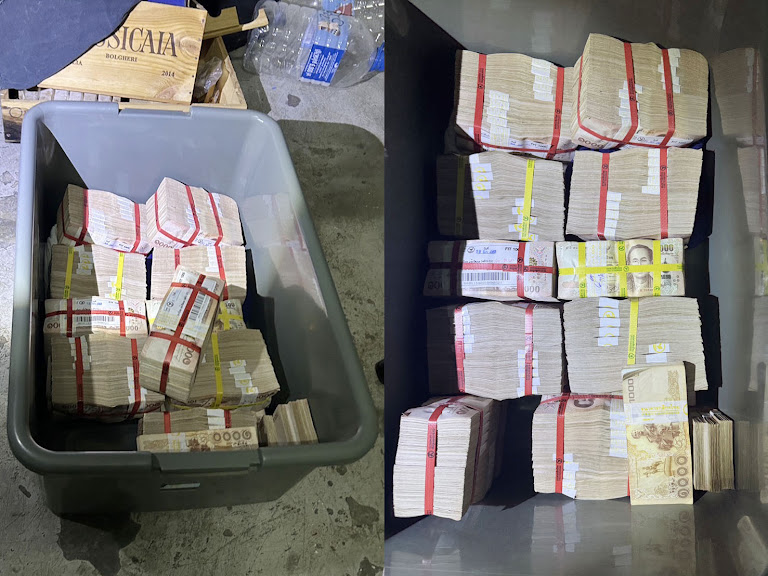Thailand Launches Graft Probe After Trash Cash Discovery
Investigation launched after $400,000 found in trash implicates official with ties to anti-corruption agencies, raising conflict-of-interest concerns.

The narrative unfolding in Nonthaburi, Thailand, reads like a darkly comic novel. A discarded container, a mistaken assessment, and suddenly, nearly $400,000 surfaces near a condominium’s trash disposal. As reported by these recent findings, the incident’s implications quickly metastasized beyond a simple lost-and-found. This isn’t just about misplaced money; it’s about the erosion of trust in institutions tasked with upholding accountability.
The layers of intrigue are compelling. Thawiwat Sengkaew, the man claiming ownership, has connections. An advisor to the National Broadcasting and Telecommunications Commission (NBTC), he’s also married to an official at the National Anti-Corruption Commission (NACC). His explanation—a flooded apartment, mistaken disposal, and a story about withdrawing the funds years ago with ambitions to enter politics—strains credulity. It’s a scenario riddled with convenient coincidences, raising uncomfortable questions about conflicts of interest and potential corruption.
The story resonates because it highlights a fundamental problem facing many societies: how do we ensure that those who are supposed to guard against corruption are themselves beyond reproach? The very existence of the NACC should, in theory, act as a deterrent. But incidents like this underscore how readily systems can be gamed, manipulated, or simply circumvented when personal interest clashes with public duty.
The investigation itself presents a series of operational challenges:
- CCTV Malfunction: The broken cameras conveniently situated near the owner’s floor and disposal area of the apartment complex suggest negligence or possibly deliberate interference. This introduces a question of reliability into any video-based evidence.
- Verification of Funds: Tracking the origin of the cash is crucial. The Anti-Money Laundering Office (AMLO)'s involvement highlights the seriousness with which the authorities are treating the case, but tracing cash transactions, especially those predating widespread digital records, can be difficult.
- Credibility of the Explanation: Thawiwat’s story is difficult to believe. Why keep such a large sum of money in cash for so long, particularly given the risks of theft and devaluation? The claim requires intensive vetting.
- Conflicts of Interest: The NACC’s own investigation into its member’s assets presents an ethical dilemma. Can it genuinely self-investigate with complete objectivity?
This incident, on its surface, might seem a singular event. However, it acts as a pressure test, highlighting vulnerabilities within Thailand’s anti-corruption framework and the deeply entrenched challenges that come with building genuinely trustworthy institutions.
Beyond the immediate investigation, this incident reveals a broader concern about public confidence in governance. The ability of institutions to effectively investigate and prosecute corruption is vital for maintaining social stability and fostering economic development. The public’s perception that justice is not blind—or worse, is actively influenced by power and privilege—can lead to widespread cynicism and disengagement.









